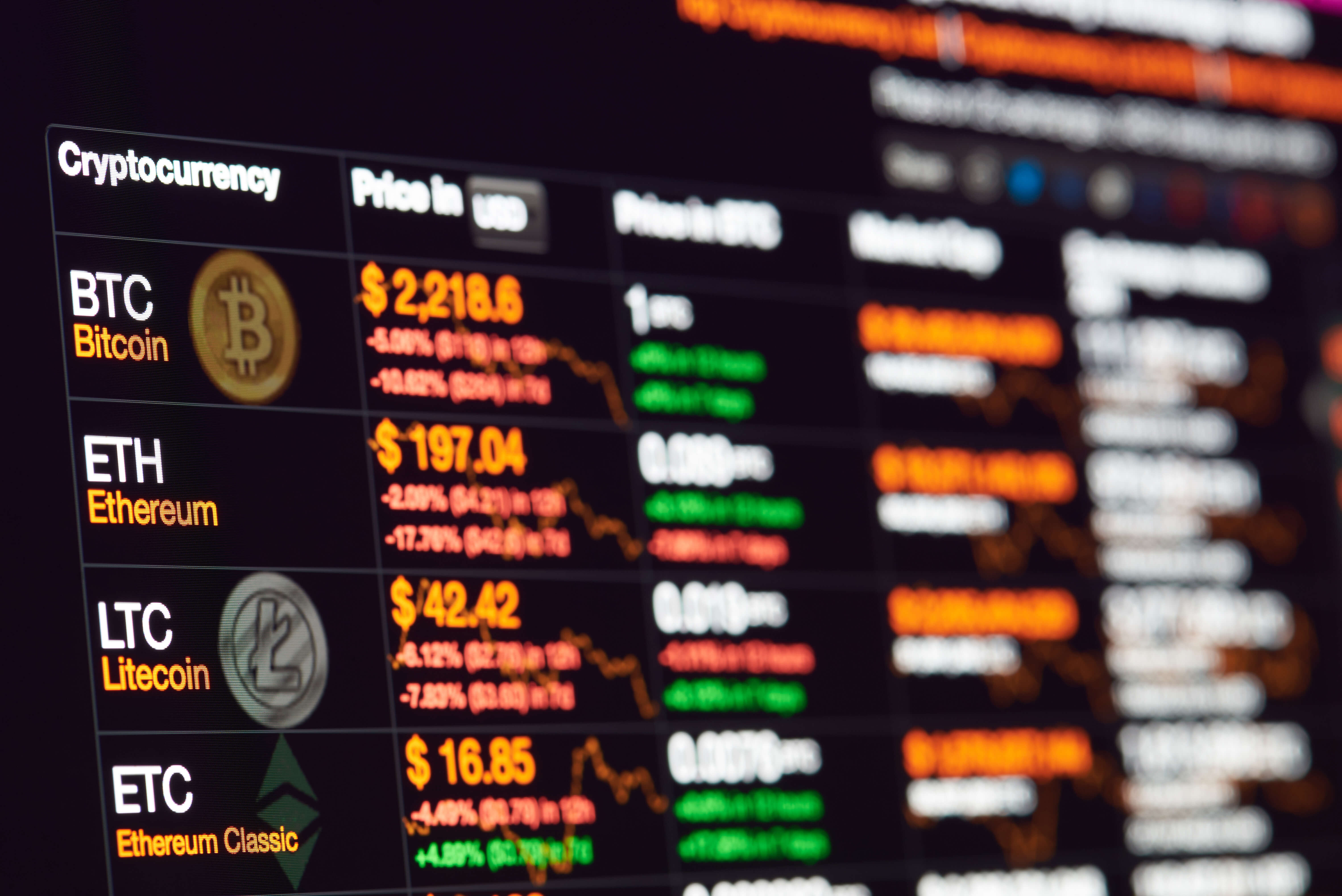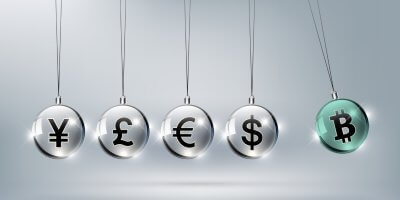
Coincheck needs to take action following the recent theft | Source: Pixabay
Coincheck faces heat from regulators and traders
AFTER the theft of US$530 million of digital money last month, Japanese cryptocurrency exchange Coincheck Inc is under pressure. Financial regulators want to see it raising its standards and cryptocurrency traders want to sue them for lapses and damages.
As the company filed a report with regulators on the hacking scandal on Tuesday, a group of 10 cryptocurrency traders said they will file a lawsuit against Coincheck over the handling of the enormous theft.
The claim will be made with the Tokyo District Court over Coincheck’s freezing of cryptocurrency withdrawals, Hiromu Mochizuki, a lawyer representing the plaintiffs, told Reuters.
The traders will demand that Coincheck allows them to withdraw cryptocurrencies to wallets, which are folders used to store digital money, outside the exchange, Mochizuki said.

The huge hack on Coincheck last month has highlighted major flaws in Japan’s regulating of cryptocurrency trading. Source: Shutterstock
Coincheck has now allowed withdrawal of yens from its systems but is still keeping in place curbs on cryptocurrency withdrawals.
Mochizuki said the group was considering filing a second lawsuit at the end of the month to claim for damages over the theft.
Meanwhile, The Financial Services Agency that ordered Coincheck to raise its standards also demanded a report on the security of the company’s systems and the measures it will take to prevent something similar happening again.
The report submitted by Coincheck this week included information on its investigation into the heist and details of steps to bolster its risk management systems, the exchange said in a statement, as reported by Reuters.
The huge hack on Coincheck last month has highlighted major flaws in Japan’s regulating of cryptocurrency trading and raised questions over the country’s dash to oversee the industry as opposed to imposing clampdowns on it, like policymakers in South Korea, China, and India.




